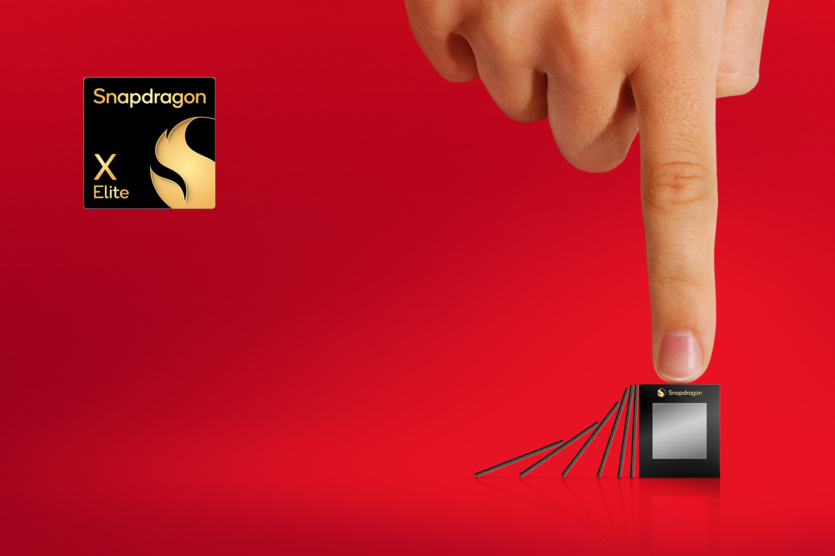
The jury denied ARM on two out of three points, and couldn’t reach an agreement regarding Nuvia. The company will sue Qualcomm again.
ARM will demand a retrial of part of its licensing lawsuit against Qualcomm following a mixed decision on Friday. The jury unanimously resolved two out of the three points in favor of Qualcomm, but hit a deadlock on whether Nuvia, acquired by Qualcomm, breached its agreement with ARM.
“We are disappointed that the jury couldn’t reach a consensus on the claims. We intend to seek a retrial due to the jury’s deadlock. From the beginning, our priority has been to protect ARM’s intellectual property and the unparalleled ecosystem we have built with our valuable partners over more than 30 years,” ARM stated.
Qualcomm essentially won the legal battle against ARM over allegations of breaching licensing agreements concerning Snapdragon X processors. The processors contain Oryon cores, initially developed by Nuvia for data center chips under a separate licensing agreement with ARM. ARM is unhappy that Nuvia’s technology will be used for client devices. Moreover, ARM claims that the licensing terms for Nuvia did not automatically transfer to Qualcomm with the acquisition in 2021, demanding a review of the terms.
Qualcomm argued that the current ARM instruction set architecture license covers the technology developed by its subsidiaries, including Nuvia. Previously, ARM had demanded Qualcomm drop the Nuvia design. Qualcomm did not comply, instead launching the Snapdragon X processor line for client PCs.
Gerard Williams III, lead developer of the Oryon cores and former Apple engineer, testified that their design included less than 1% ARM technology. This supported Qualcomm’s view that the Snapdragon X processors comply with licensing agreements, allowing continued development and sale of the chips.
Although the jury found no wrongful actions by Qualcomm, they could not agree on whether Nuvia violated its own licensing terms with ARM. Theoretically, ARM could succeed in a retrial.
Source: Tom’s Hardware

Spelling error report
The following text will be sent to our editors: